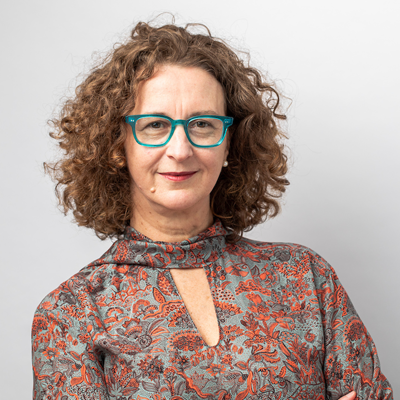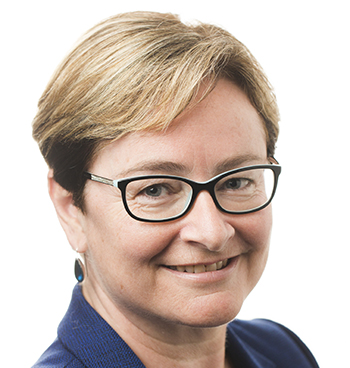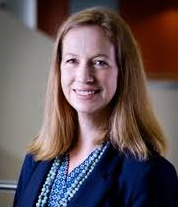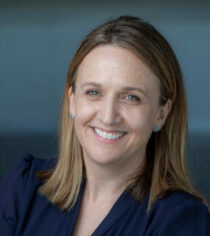DATE
TIME
to AEST
VENUE
University of Technology Sydney
COST
Early bird price: $700 per person (excl GST) + Eventbrite fees | available until 5pm Sunday, 6 August. Standard price: $750 per person (excl GST) + Eventbrite fees
INFO
RSVP
Research conducted with policy partners can have a greater chance of impacting policies, programs and services.
But how do early career researchers build these partnerships? How do they manage and sustain them? And how do they get their research findings known and used?
Our skills-based training course has been developed to address these questions. It draws on the expertise of senior policy makers and researchers to help early career researchers build the skills required to initiate and sustain research partnerships with policy makers working in the health and wellbeing sector.
It will teach practical skills such as:
- Understanding policy priorities, policy realities and the policy environment
- Embarking on a new policy relationship and building your partnership skills
- Framing your research idea for a policy audience
- Engaging policy makers with your research findings.
The small group workshop (limit of 14 participants) provides an opportunity to learn from senior policy makers, researchers with experience in partnership research, and experienced communications specialists.
There is a small amount of pre-course work on communicating your research both in writing and verbally (about an hour), and this will be built on during the workshop.
Who should attend?
Early career researchers with significant research expertise, typically at post-doctorate level or with equivalent experience. Suited to applicants who are interested in influencing health or social policy by working in partnership with decision makers.
Sessions details
Session 1 – Understanding the policy environment and the role of research
Session 2 – Engaging a policy maker with your research idea
Session 3 – Effective communication of research findings to policy
The course is facilitated by Sian Rudge.
Presenter/s
Sian Rudge

Sian Rudge
Sian Rudge works in the nexus between research and decision making, and in connecting decision makers with research and researchers. She leads the Sax Institute’s Strategic Development Division, including the Aboriginal Health Research program. Before joining the Institute in 2011, Sian worked with the Centre for Aboriginal Health in the NSW Ministry of Health. She was previously a paediatric physiotherapist (B App Sc (Physio)) and holds a Master of International Public Health.

Associate Professor Sarah Thackway

Associate Professor Sarah Thackway
Associate Professor Sarah Thackway is a population and public health expert with over 30 years’ experience in the policy, front-line and research sectors. She has a deep understanding of the public health system and the complexities involved in using administrative and other data to monitor the impact of policies and interventions. As a recent, former Executive Director for the Centre for Epidemiology and Evidence, NSW Ministry of Health, Sarah has successfully led strategies that developed and strengthened the public health workforce. She also led the evaluation function for Population Health, enhanced state-wide data linkage; developed the NSW Data Literacy Capability Framework, and led the strategic population health research agenda.

Associate Professor Carmen Huckel Schneider

Associate Professor Carmen Huckel Schneider
Associate Professor Carmen Huckel Schneider is Senior Adviser at the Sax Institute; Senior Lecturer and Director, Master of Health Policy at the Sydney School of Public Health, University of Sydney; and co-leader of the Health Governance and Financing Group at the Menzies Centre for Health Policy. She is a health systems and governance researcher with over 15 years’ experience in knowledge mobilisation, transitional health and health policy education.

Ainsley Burgess

Ainsley Burgess
Ainsley Burgess is Communications Manager for The Australian Prevention Partnership Centre, a program administered by the Sax Institute, where she develops innovative communication strategies to boost knowledge translation in prevention research. With more than 20 years’ experience, she leads the production of communications about the Prevention Centre, its work and people, as well as key issues in the prevention of chronic disease. Her special area of interest is science communication, finding innovative methods from other disciplines to create clear and concise communications that translate complex science into policies that lead to societal change.

